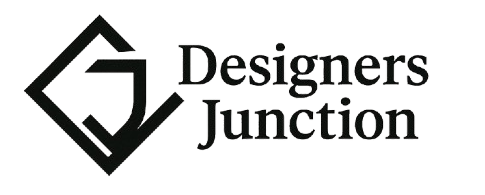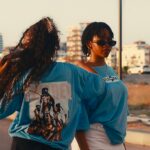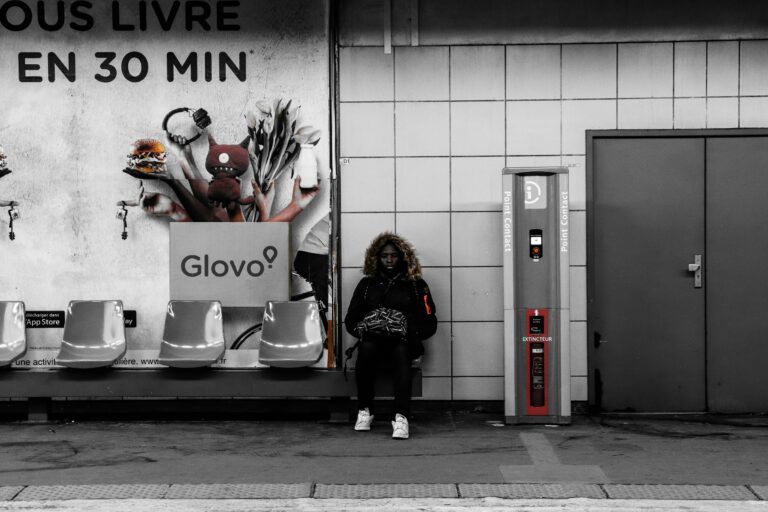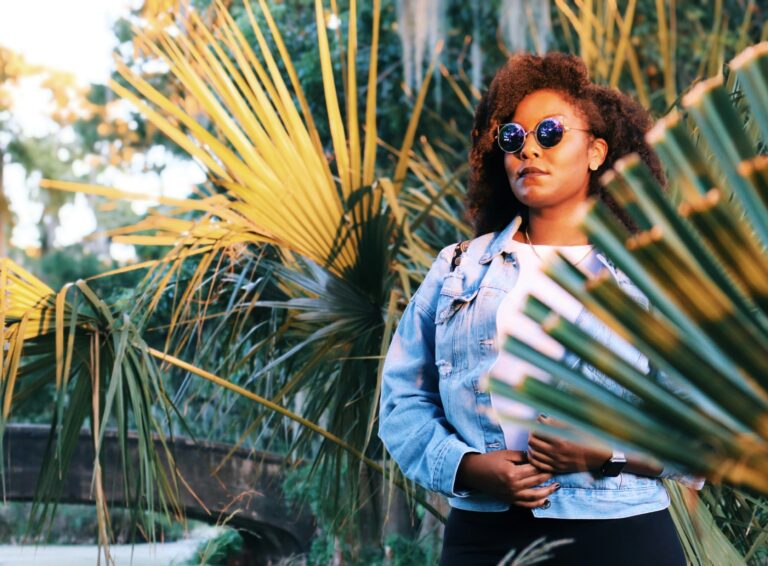Learn what art direction and creative direction mean, the role of creative art directors, and how art directors work in film, advertising, and branding.
Art Direction vs. Creative Direction: Definitions, Film Roles & Visual Strategy Explained
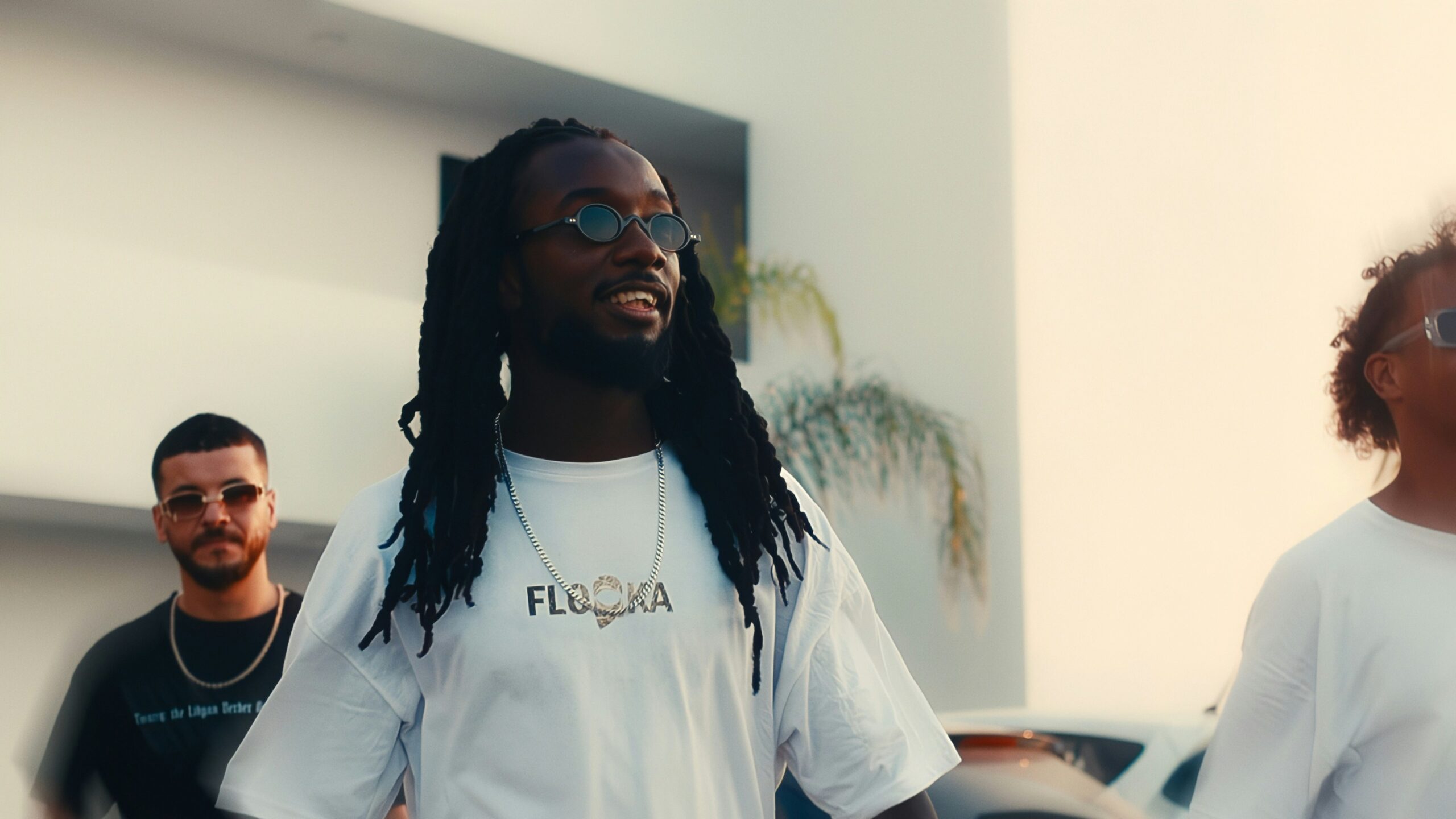
What exactly is art direction? How does it differ from creative direction? And what does a creative art director really do in fields like film, advertising, or fashion?
If you’re pursuing a career in visual storytelling, production design, or brand development, understanding these roles—and how art direction vs. art style works—is essential.
This blog breaks down the key differences, definitions, and industry-specific applications of:
- Art direction
- Creative direction
- Creative art director roles
- Film and advertising applications
- Conceptual vs. stylistic thinking
Contents
- 1 What Is Art Direction? (Definition & Meaning)
- 2 What Is a Creative Art Director?
- 3 Creative Director Definition & Meaning
- 4 Art Director in the Film Industry
- 5 Art Director in Advertising (Ad Art Direction)
- 6 Art Direction vs. Art Style: What’s the Difference?
- 7 Creative Director vs. Art Director vs. Creative Art Director
- 8 When Does a Project Need Art Direction?
- 9 FAQs
- 10 Final Takeaway: Why Art Direction Matters
- 11 Art Direction & Creative Art Director – FAQs
What Is Art Direction? (Definition & Meaning)
Art Direction Definition: The process of guiding and shaping the visual elements of a creative project to communicate a specific message, mood, or style.
Art direction determines how something looks in alignment with its concept. It bridges the idea (creative strategy) with execution (design, styling, cinematography, etc.).
Art Direction Meaning in Different Industries:
| Industry | Art Direction Example |
|---|---|
| Film | Visual style of sets, costumes, props |
| Fashion | Mood and composition of campaign imagery |
| Advertising | Layout and art assets of a print ad or commercial |
| Publishing | Typography and layout of a magazine spread |
| Digital Media | UX/UI style guides, visual branding |
What Is a Creative Art Director?
A creative art director is a hybrid role combining conceptual leadership (from a creative director) with visual execution (from an art director).
In smaller teams or high-concept projects, a creative art director may:
- Develop the visual idea
- Build the moodboard
- Oversee execution and ensure alignment with brand voice
- Lead set design, lighting direction, or typography rules
- Direct photographers, designers, or stylists
🎯 This role is common in fashion, editorial, boutique agencies, and film.
Creative Director Definition & Meaning
Creative Director Definition: The senior leader responsible for a brand or project’s overarching creative vision, including tone, messaging, and concept strategy.
Creative Direction Meaning:
Creative direction is the what and why—the big idea, the emotional strategy, and the conceptual narrative behind a campaign, show, or product.
Creative directors work with art directors to figure out the how (execution).
Art Director in the Film Industry
The art director of film plays a critical production design role. Reporting to the production designer, they manage:
- Set construction and layout
- Prop and scenery management
- Budgets, timelines, and crew coordination
- On-set visual continuity and atmosphere
In film, art direction ensures that every frame looks intentional and supports the story’s tone.
🎥 For example: the futuristic sets in Blade Runner 2049 were led by an art director aligning visual mood with the story’s dystopian theme.
Art Director in Advertising (Ad Art Direction)
In advertising, the art director ad role includes:
- Collaborating with copywriters to create ad concepts
- Designing visuals for digital, print, or social campaigns
- Guiding motion graphics, storyboarding, or asset creation
- Ensuring alignment with brand voice, target audience, and strategy
Often, advertising creative teams are built as “Art Director + Copywriter” duos under a creative director.
Art Direction vs. Art Style: What’s the Difference?
Understanding the difference between art direction and art style is crucial in design, gaming, animation, and film.
| Art Direction | Art Style |
|---|---|
| A process or discipline | A visual aesthetic or choice |
| Ensures consistency and strategy | Can vary project-to-project |
| Manages tone, layout, photography, palette | Includes illustrative style, brushwork, color theme |
| Directed by a creative professional | Created by individual artists or visual designers |
🧠 Example: In animation, “anime” is a style, while choosing to use anime to convey mood is a decision made through art direction.
Creative Director vs. Art Director vs. Creative Art Director
| Role | Focus | Responsibilities |
|---|---|---|
| Creative Director | Concept & Strategy | Vision, brand messaging, team leadership |
| Art Director | Execution & Visual Management | Layouts, photography, design assets |
| Creative Art Director | Hybrid (Concept + Visuals) | Moodboards, on-set direction, visual storytelling |
They work closely together—creative directors set the tone, art directors bring it to life, and creative art directors may do both in smaller teams.
When Does a Project Need Art Direction?
You need art direction when your work must be:
- Cohesive across platforms (brand identity)
- Styled for emotional response (editorial, film)
- Narratively visualized (ads, product launches)
- Executed across teams (photographers, designers, editors)
If your brand’s images, campaigns, and stories feel disjointed, it’s likely an art direction issue.
FAQs
What is the difference between creative direction and art direction?
- Creative direction defines the vision
- Art direction executes the visual identity of that vision
What does a creative art director do?
They combine strategy and visual leadership—developing the campaign’s concept, then directly leading how it’s styled, photographed, or designed.
Is an art director above a creative director?
No. A creative director is usually the senior leader, with art directors reporting to them.
Final Takeaway: Why Art Direction Matters
Art direction is where strategy meets visuals, and great creative projects can’t succeed without it. Whether you’re building a fashion campaign, launching a film, or designing a brand—the art director ensures every pixel, prop, and photo communicates one clear idea.
The more you understand the difference between creative direction, art direction, and style, the better you can:
✅ Build cohesive brands
✅ Lead successful teams
✅ Land the roles you want in the creative industry
Art Direction & Creative Art Director – FAQs
Core Definitions & Meanings
1. What is the definition of art direction?
Art direction is the strategic visual guidance of a creative project. It involves overseeing the style, tone, layout, imagery, color, and mood across visuals to ensure they align with a brand or narrative vision.
2. What does “art direction” mean in design and media?
It refers to curating visual components—such as typography, photography, and composition—to support a project’s message or brand identity across mediums like film, advertising, or print.
3. How would you define creative direction?
Creative direction is the overarching conceptual leadership of a project. It involves defining the idea, emotional tone, message, and brand voice, then aligning all visual and editorial outputs around it.
4. What is the difference between art direction and creative direction?
Creative direction sets the big-picture idea and strategy, while art direction is responsible for visually realizing that idea in a detailed, stylized way.
5. What does “creative art director” mean?
The term “creative art director” combines both roles and usually refers to someone who conceptualizes the idea and executes the visual direction, especially in small teams or startups.
Art Direction in Film, Advertising & Creative Media
6. What does an art director do in the film industry?
In film, an art director manages the visual set design, including props, backdrops, architecture, and spatial layout to support the director’s storytelling vision.
7. What’s the difference between an art director and production designer in film?
A production designer leads the overall visual concept of the film, while the art director executes and manages its physical realization on set.
8. What is the role of an art director of film?
They collaborate with the production designer, costume department, and cinematographer to create cohesive visual scenes through colors, textures, and physical elements.
9. What is art direction in advertising?
Art direction in advertising focuses on translating a marketing idea into powerful visuals—from TV spots to digital ads—often in collaboration with a copywriter.
10. How is art direction used in visual storytelling?
It aligns colors, composition, wardrobe, lighting, and imagery to shape how an audience feels and interprets a visual story—whether in fashion editorials, branding, or film.
Visual Identity, Style & Strategy
11. What is the purpose of art direction?
To bring conceptual coherence and visual harmony to a project, ensuring the style supports the story or message across platforms.
12. Is art direction the same as visual direction?
They overlap, but art direction typically leads execution, while visual direction might focus more on moodboards and ideation.
13. What is the difference between art direction and art style?
- Art direction is about choosing and guiding a style that fits the concept.
- Art style is the specific visual language—minimalist, surreal, pop-art, vintage, etc.
14. Can an art director define the visual style of a campaign?
Yes. They work closely with creative directors to select moods, fonts, colors, locations, and models to shape the campaign’s look and feel.
15. How does art direction influence brand perception?
It shapes how audiences see, feel, and remember a brand through consistent and emotionally resonant visuals.
Professional Titles & Team Structure
16. Is a creative art director a real job title?
Yes. Especially in smaller studios or hybrid roles, it describes someone who handles both concept and visual execution, often in fashion, editorial, or advertising.
17. Who does an art director report to?
Usually to a creative director, executive creative director, or marketing head, depending on the organization.
18. What skills does a creative art director need?
- Conceptual thinking
- Visual storytelling
- Team leadership
- Technical design skills
- Understanding of cultural and visual trends
19. Are creative art directors responsible for client presentations?
Often yes. They help pitch concepts, build moodboards, and justify the visual strategy behind proposed ideas.
20. Can a designer become a creative art director?
Yes—with experience, leadership, and a holistic understanding of narrative and visuals, designers often grow into art or creative director roles.
Execution, Software & Collaboration
21. What tools are used in art direction?
- Adobe Creative Suite (Photoshop, InDesign, Illustrator)
- Figma
- Lightroom & Capture One (for photoshoots)
- Blender or Cinema 4D (for advanced visuals)
- Milanote or Notion (for moodboards and concepting)
22. What is art direction in branding?
It ensures that logos, packaging, social media, and campaign visuals all reflect the brand’s tone, voice, and positioning.
23. Is art direction important for UX/UI design?
Yes. Art direction in digital spaces guides user flow aesthetics, iconography, microinteractions, and emotional tone across the interface.
24. Can art direction apply to editorial design?
Absolutely. Editorial art direction sets the tone for magazine layouts, typography, photography direction, and visual pacing across pages.
25. What makes good art direction?
- Visual clarity
- Emotional resonance
- Brand alignment
- Consistency across touchpoints
- Creative originality
Career, Trends & Cultural Relevance
26. Is art direction a growing field?
Yes. With the rise of content marketing, branding, and visual storytelling, demand for skilled art directors is increasing across industries.
27. How do I become an art director in advertising or fashion?
Start as a designer, build a strong portfolio of visual work, gain experience on creative teams, and demonstrate strategic and leadership ability.
28. What’s the difference between creative strategy and art direction?
Creative strategy defines why and what needs to be communicated; art direction defines how it should visually look.
29. Do creative directors rely on art directors?
Yes. Art directors are the executional engine of creative vision, ensuring ideas are visually executed to perfection.
30. What industries use art direction the most?
- Fashion
- Film & TV
- Publishing
- Advertising
- Tech (UI/UX)
- Gaming
- Luxury branding

Shikha Singh
Keep in touch with our news & offers
Subscribe to Our Newsletter
Thank you for subscribing to the newsletter.
Oops. Something went wrong. Please try again later.
